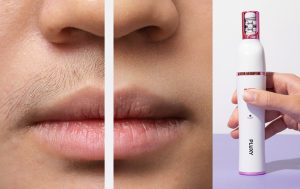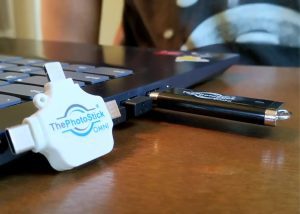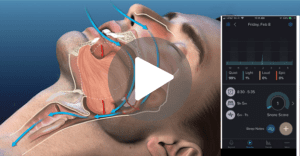
Hearing loss is a common problem that affects many people. Discreet hearing aids are a popular choice for those who want to improve their hearing without drawing attention to themselves. In this article, we’ll discuss the pros and cons of discreet hearing aids to help you decide if they’re right for you.
Pros of Discreet Hearing Aids
1. They’re Less Noticeable
Discreet hearing aids are designed to be less noticeable than traditional hearing aids. They’re smaller and fit more snugly in the ear, which makes them less visible. This can be especially important for people who are self-conscious about their hearing loss.
2. They’re More Comfortable
Discreet hearing aids are often more comfortable than traditional hearing aids. They’re designed to fit snugly in the ear, which can make them feel more natural. This can be especially important for people who wear their hearing aids for long periods of time.
3. They’re More Advanced
Discreet hearing aids are often more advanced than traditional hearing aids. They use the latest technology to improve sound quality and reduce background noise. This can be especially important for people who have difficulty hearing in noisy environments.
Cons of Discreet Hearing Aids
1. They’re More Expensive
Discreet hearing aids are often more expensive than traditional hearing aids. They’re smaller and more advanced, which can make them more costly to produce. This can be a barrier for people who can’t afford to pay for more expensive hearing aids.
2. They’re Not Suitable for Everyone
Discreet hearing aids may not be suitable for everyone. They’re designed to fit snugly in the ear, which can be uncomfortable for some people. They may also not be suitable for people with severe hearing loss or certain ear conditions.
3. They’re More Difficult to Maintain
Discreet hearing aids can be more difficult to maintain than traditional hearing aids. They’re smaller and more delicate, which can make them harder to clean and repair. This can be a problem for people who have difficulty with fine motor skills.
Conclusion
Discreet hearing aids offer many benefits for people with hearing loss. They’re less noticeable, more comfortable, and more advanced than traditional hearing aids. However, they’re also more expensive, not suitable for everyone, and more difficult to maintain. If you’re considering discreet hearing aids, it’s important to weigh the pros and cons to determine if they’re right for you.







